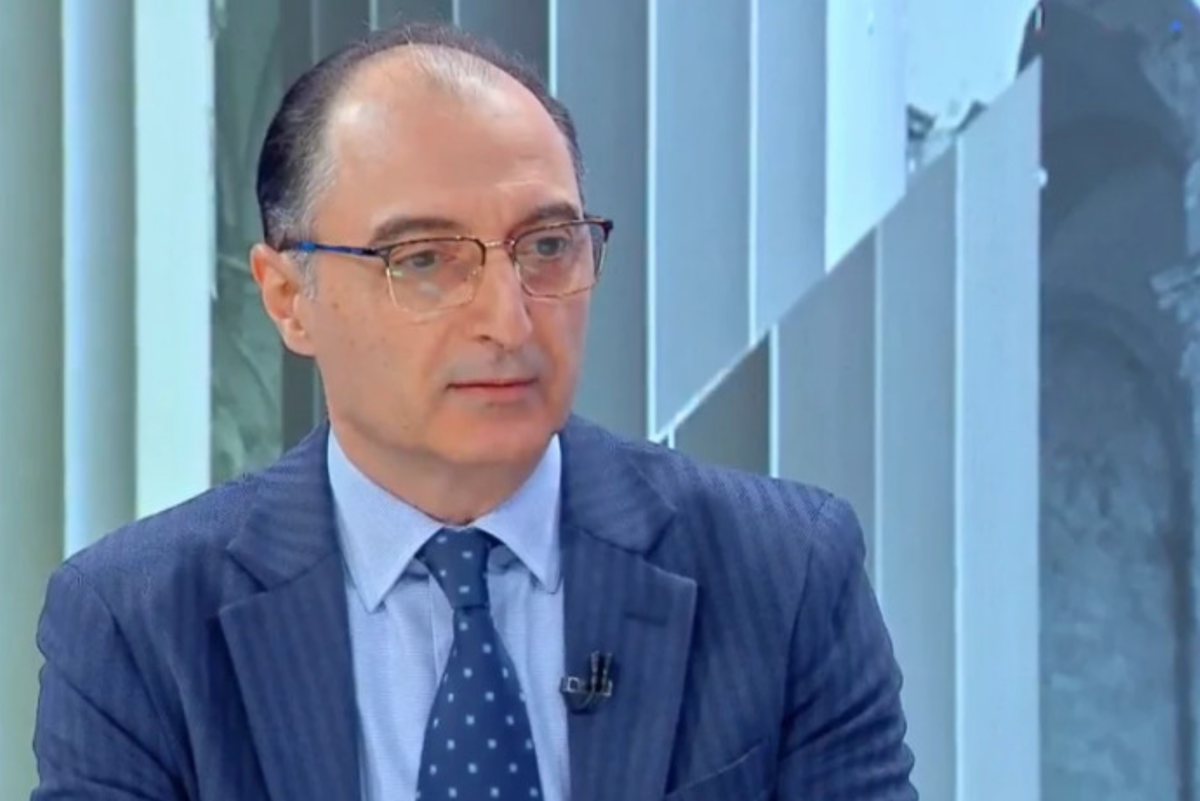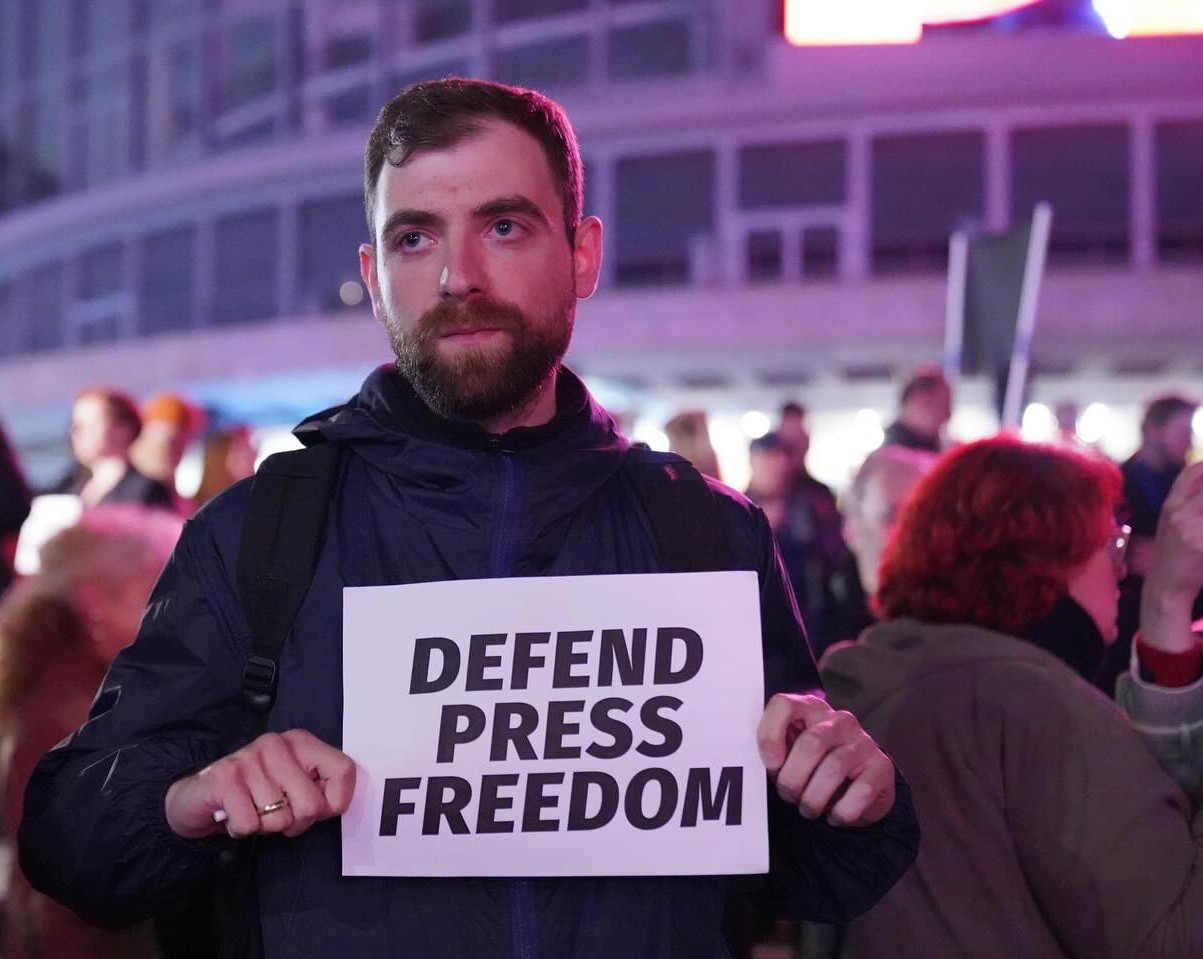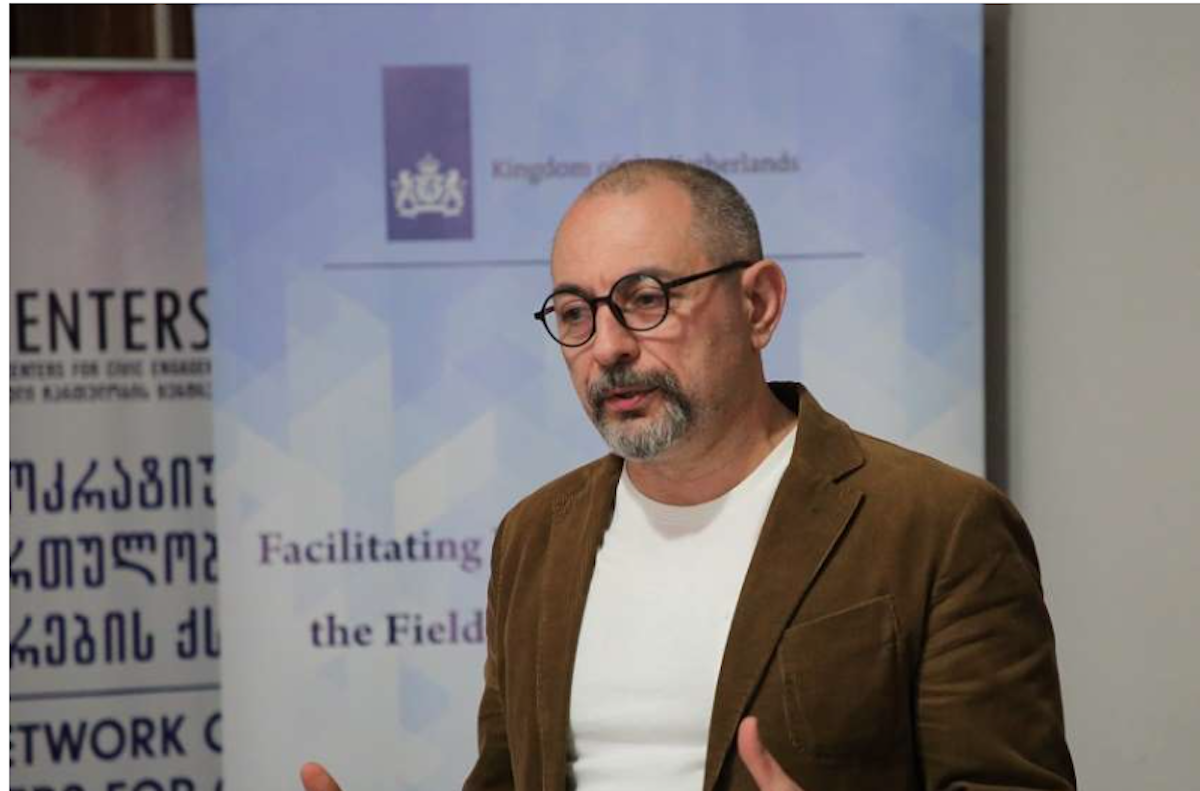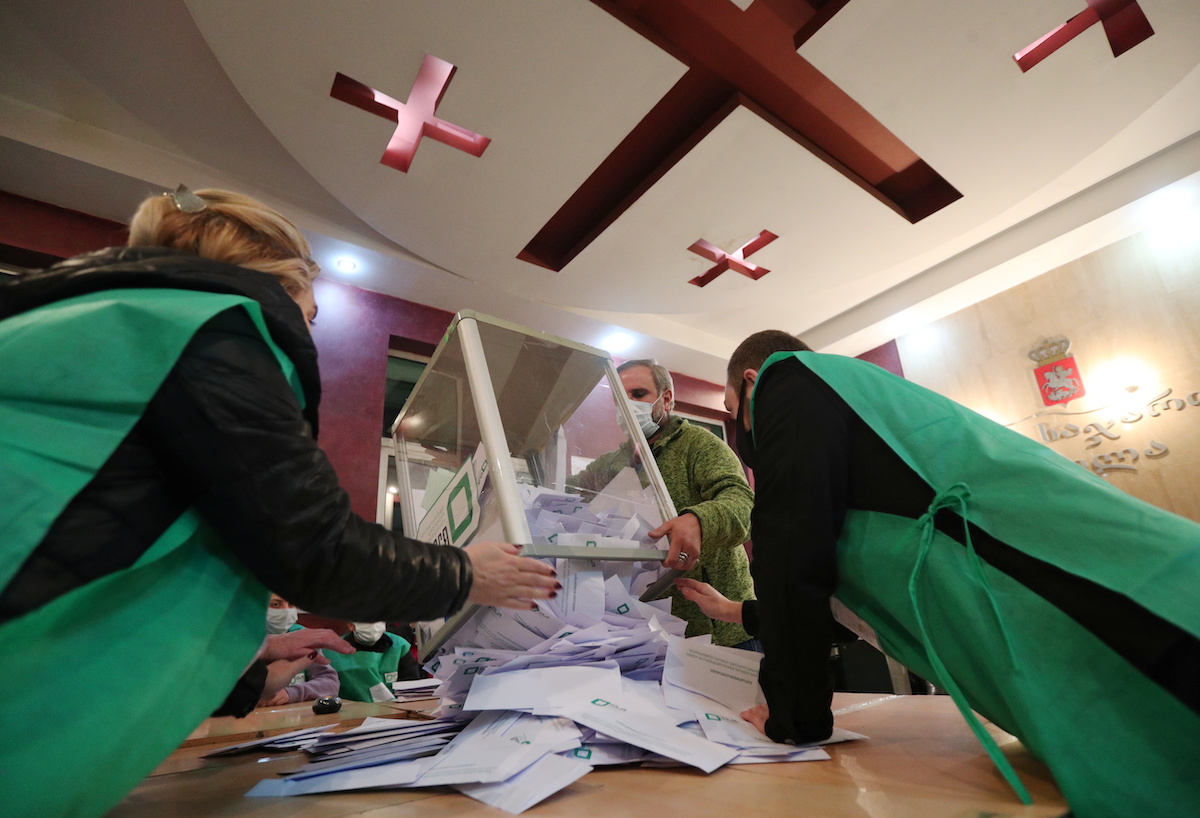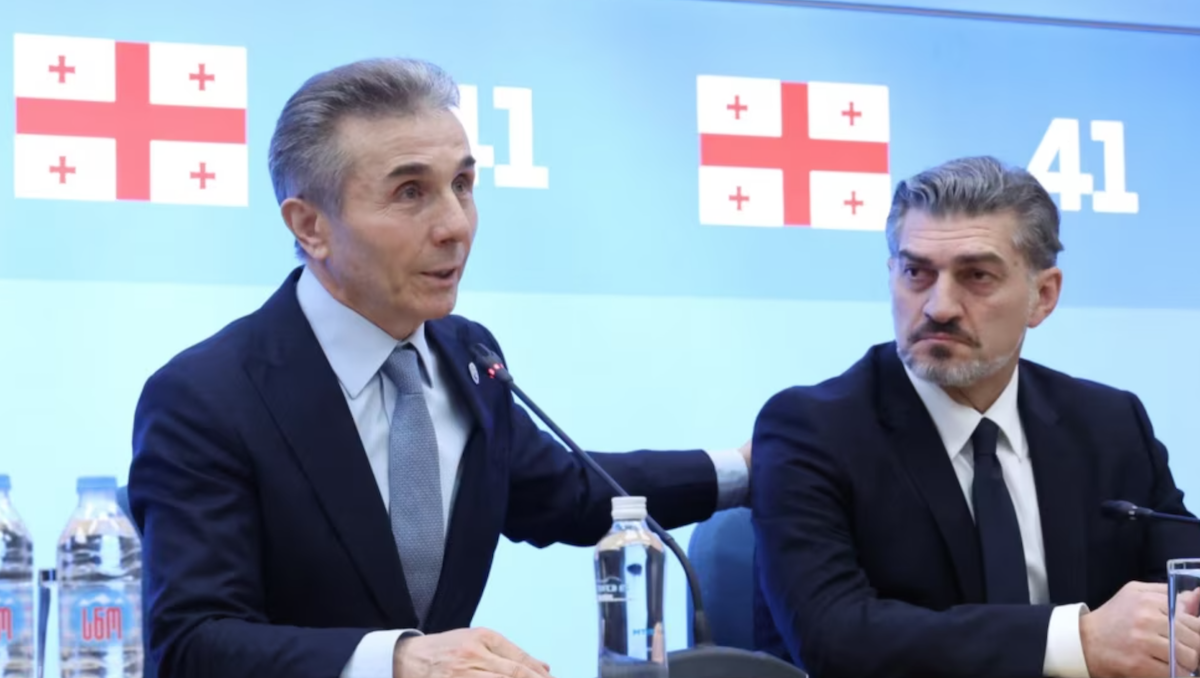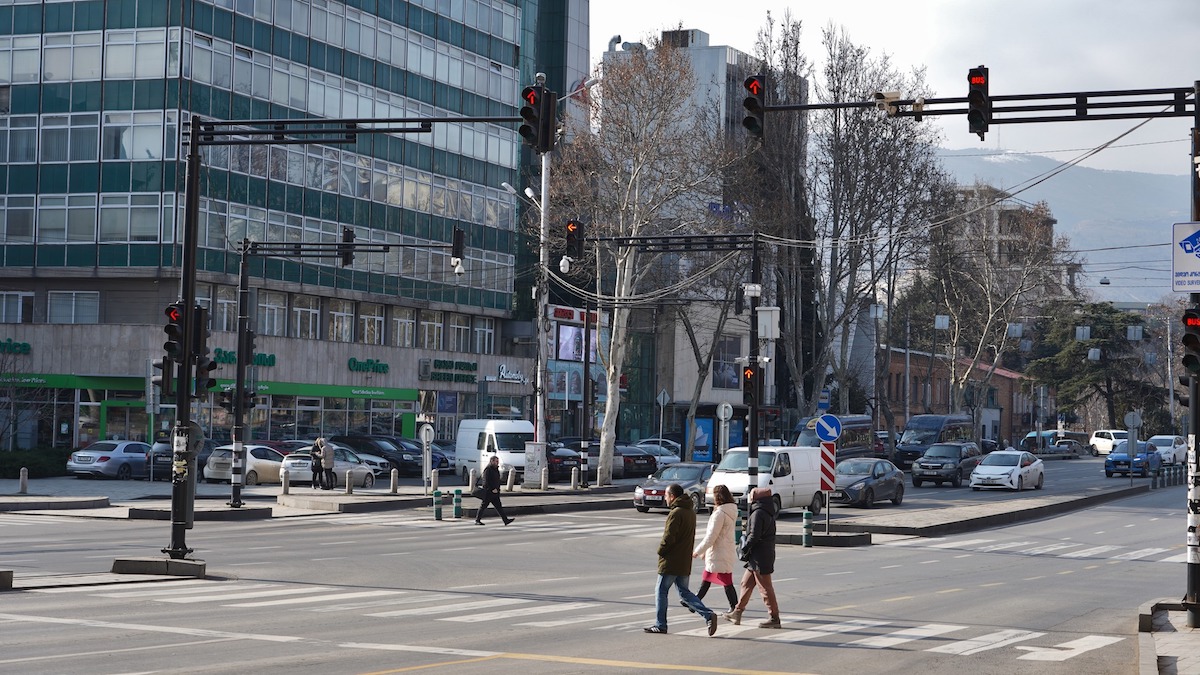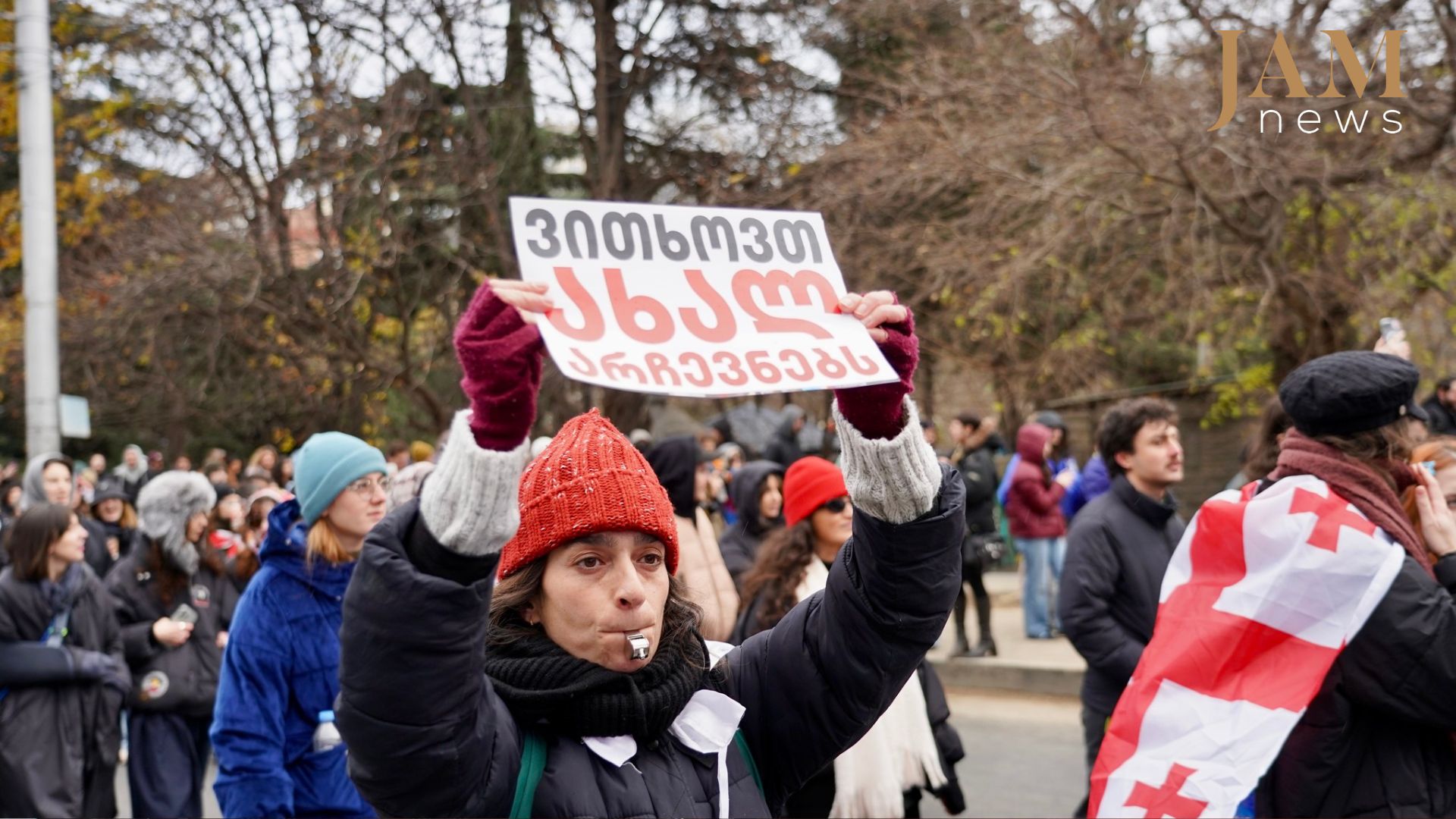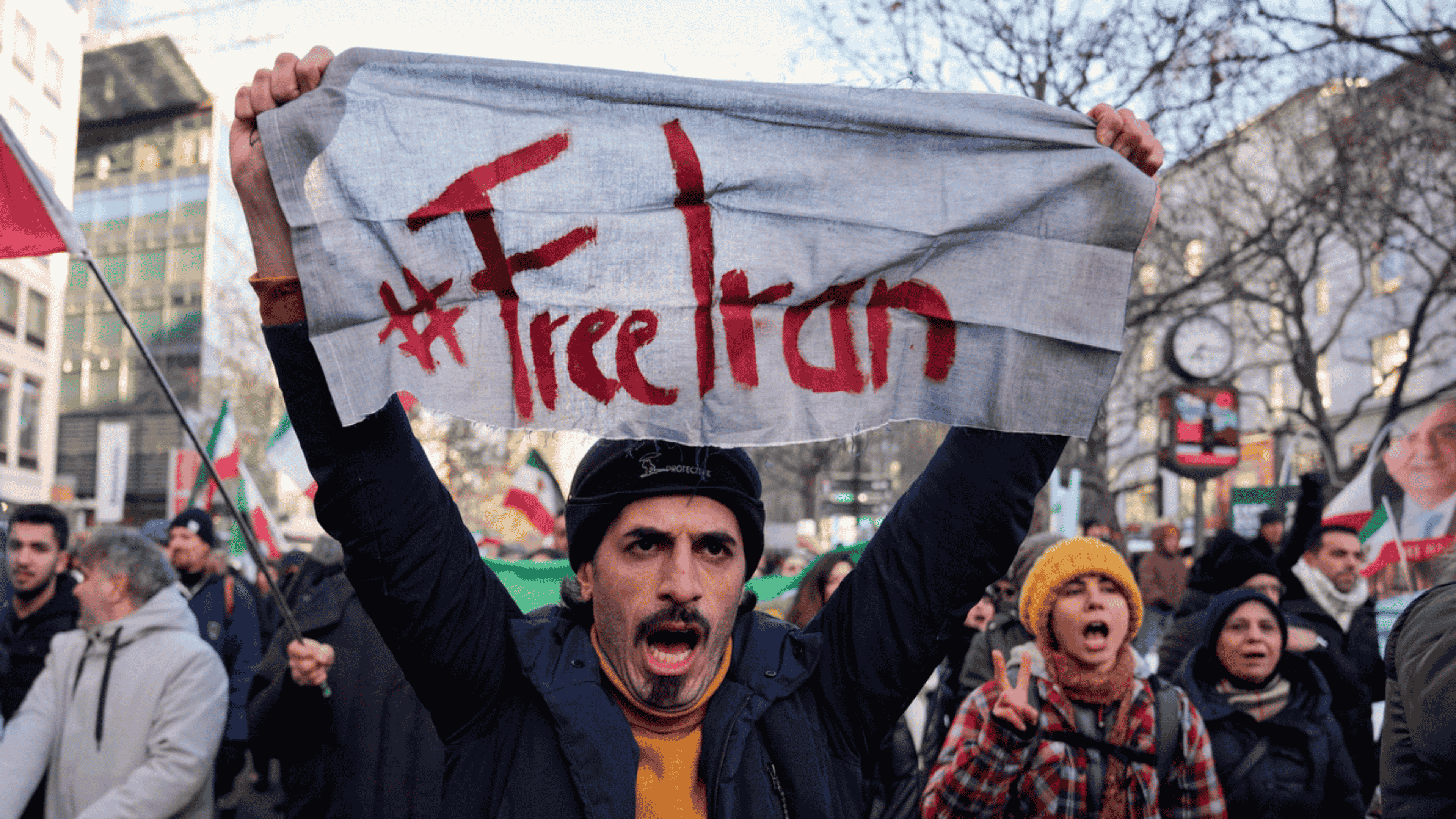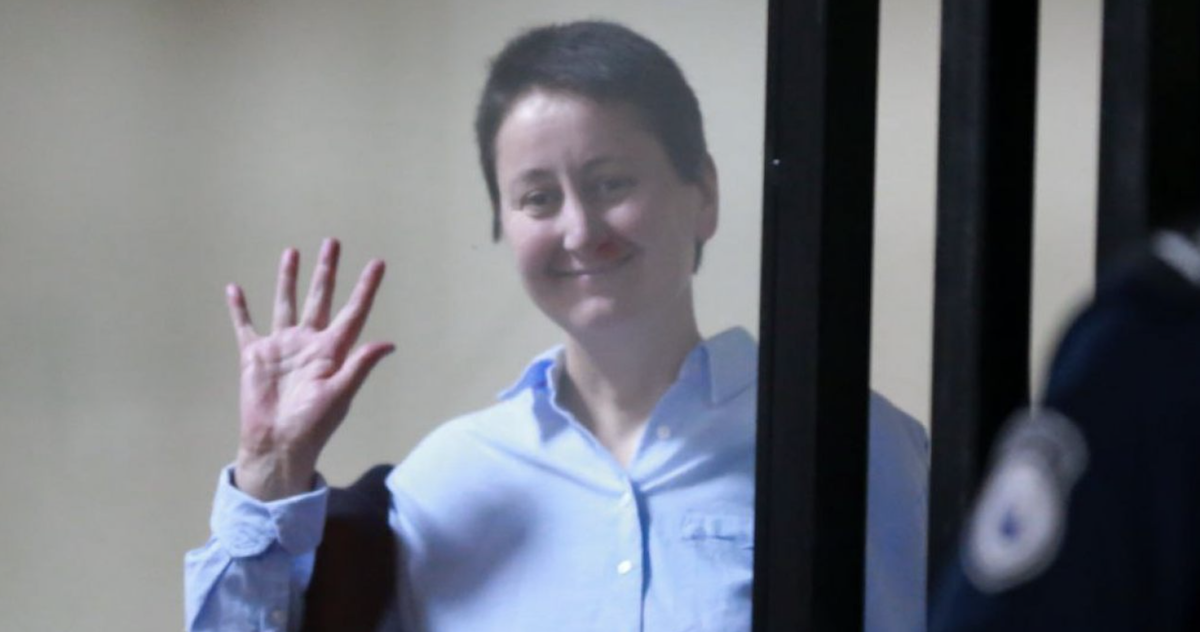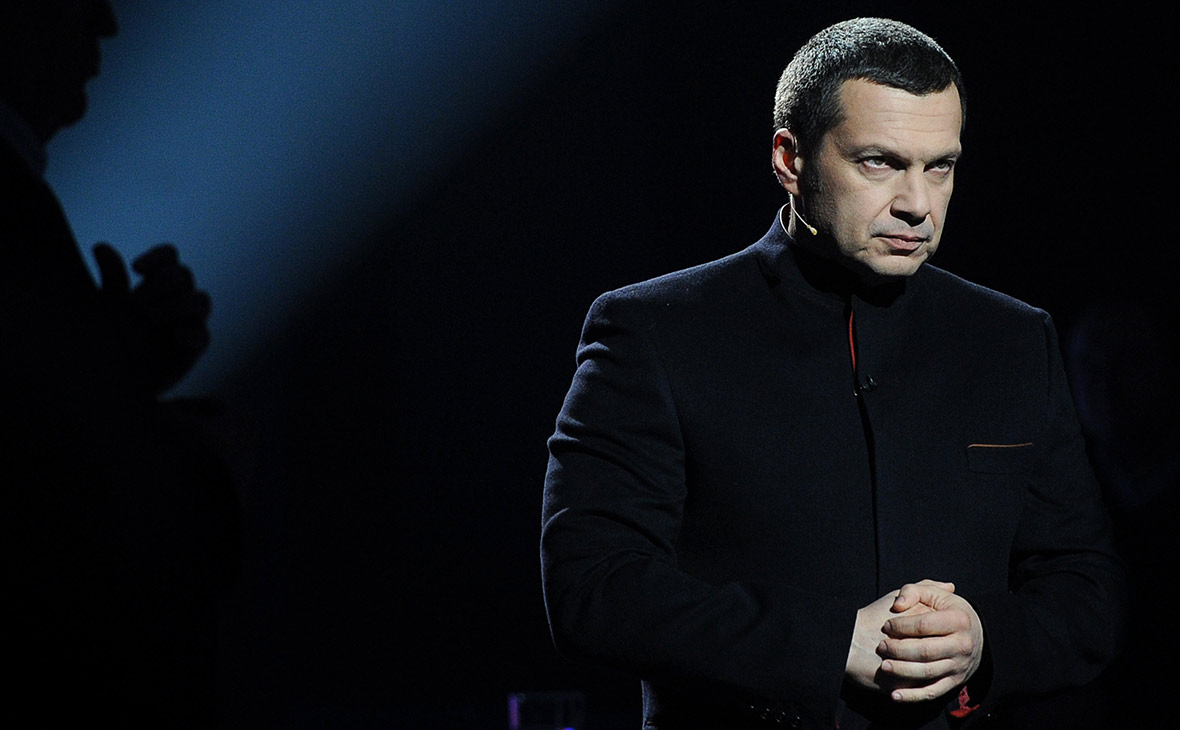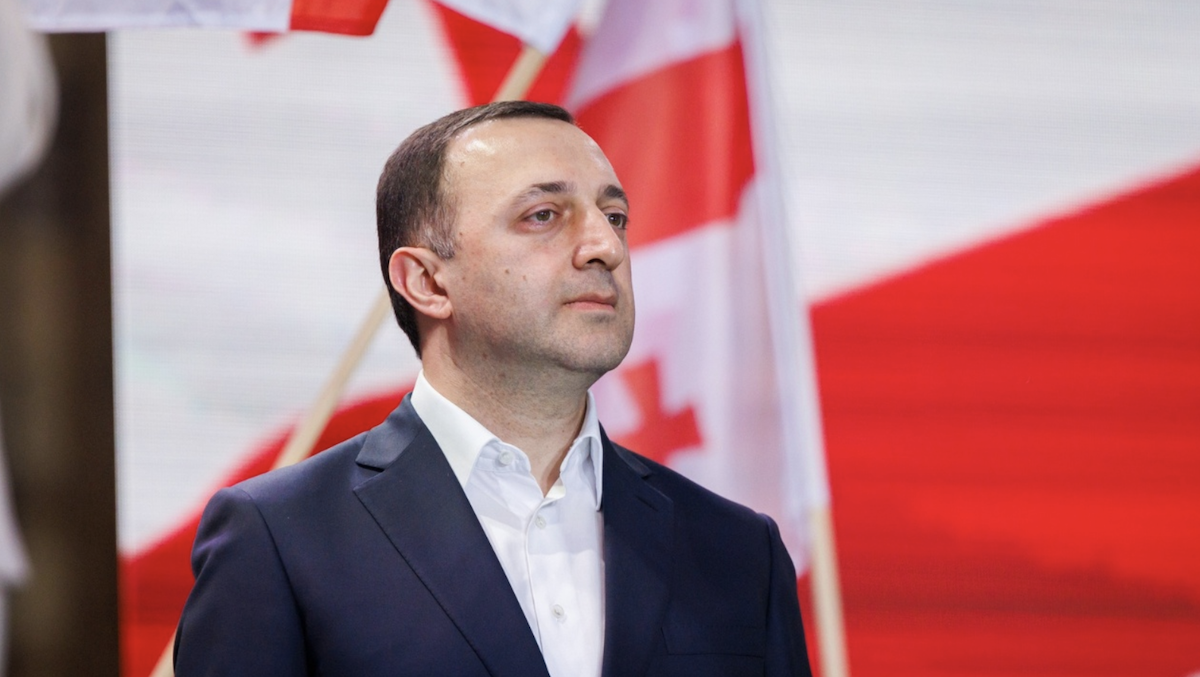Boycott, protests and hopes: Georgia’s municipal elections approach
Georgia’s municipal elections
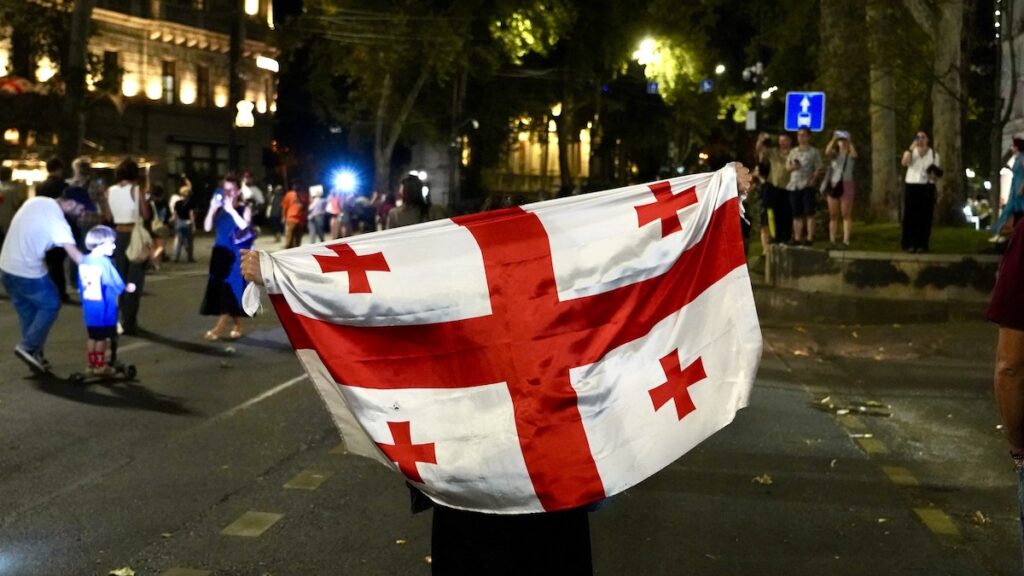
On 4 October 2025, Georgia will hold municipal elections. At first glance, these seem less important than parliamentary polls, since they cannot change the central government. But given the current political climate, they carry decisive weight: the outcome will shape the opposition’s strategy, the legitimacy of the ruling Georgian Dream party, and the trajectory of the ongoing political crisis.
The elections have already split the opposition. Some parties are ready to take part, while others argue that doing so would legitimise Georgian Dream, which they claim rigged the 2024 parliamentary elections.
Either way, the approach of 4 October has reinvigorated protests that have dragged on for months and become part of daily life. The new epicentre of the unrest is the campaign headquarters of Tbilisi’s incumbent mayor, Kakha Kaladze, who is running for re-election as the Georgian Dream candidate.
This JAMnews report looks at the conditions in which the municipal elections are being held, the arguments behind the opposition’s differing strategies, and the expectations surrounding 4 October.
The pre-election climate
Since November 2024, large-scale pro-Western protests have been taking place outside parliament in Tbilisi. They began after Georgian Dream’s prime minister, Irakli Kobakhidze, announced on 28 November 2024 that the country was halting its EU integration process.
Protesters have two main demands: the release of activists detained at the rallies and new parliamentary elections, arguing that the previous results were falsified.
Amid the ongoing protests, the authorities have shifted to a repressive course. In recent months, parliament has passed a series of laws that severely restrict human rights and freedom of speech, effectively crippling the work of independent media and the NGO sector.
Since spring 2025, pressure on the opposition has intensified. A parliamentary investigative commission, set up to probe alleged crimes by the former government — now the opposition United National Movement — laid the groundwork for criminal cases against opposition leaders. In May and June, seven opposition politicians were arrested simply for failing to appear before the commission. Five of them remain in prison, along with activists detained during pro-European rallies.
By summer, hearings in most of these cases had concluded, and many defendants were sentenced to several years in prison.
At the same time, Georgia faced the real threat of its visa-free regime with the European Union being suspended, as the authorities were given clear deadlines to return to the path of democratisation.
Against this backdrop, the upcoming elections are taking place in the midst of a profound crisis of trust between society and state institutions.
Who is boycotting the elections
The question of whether to take part in the municipal elections has become one of the main points of division within the opposition.
On 29 June, eight pro-Western parties issued a joint statement announcing an election boycott. These are Freedom Square, Time, Girchi – More Freedom, Strategy Aghmashenebeli, Akhali, European Georgia, the Federalists and the United National Movement. They are also calling on their supporters to stay away from the polls.
Their argument is that participation would only legitimise the Georgian Dream regime and weaken the street protests.
Who is taking part in the elections
Two pro-Western forces that back the protests have decided to contest the elections: Giorgi Gakharia for Georgia and Lelo – Strong Georgia. Both see participation in the municipal vote as a step towards new parliamentary elections.
Giorgi Gakharia, a former Georgian Dream leader and ex-prime minister, is currently in Germany after Georgian Dream brought criminal charges against him. In an interview with TV channel Pirveli, he confirmed that he has obtained residency in Germany and has no plans to return to Georgia for now.
Despite the government’s pressure, his party For Georgia intends to take part in the municipal elections, hoping to win over voters disillusioned with Georgian Dream. According to the Central Election Commission, the party won 7.78% (12 seats) in the 2024 parliamentary elections, but refused to take up its mandates in protest.
Lelo, led by former bankers Mamuka Khazaradze and Badri Japaridze, also emerged amid government persecution. Both Khazaradze and Japaridze were arrested for failing to appear before the parliamentary commission, but after the party confirmed its participation in the municipal elections, president Mikheil Kavelashvili pardoned them.
Pro-European parties taking part in the elections have faced sharp criticism from the rest of the opposition, while activists and civic groups have distanced themselves from them.
Also on the ballot are Iago Khvichia’s right-libertarian Girchi party and the conservative pro-Russian Alliance of Patriots.
In total, the Central Election Commission has registered 14 parties for the municipal elections.
Georgian Dream’s position
Georgian Dream is keen for the opposition to participate, hoping to use this to demonstrate the legitimacy of the elections.
Opponents of the party argue that Georgian Dream has deliberately released some political prisoners to give the West the impression that there is genuine competition.
What has changed in election law
The upcoming elections will be held under new rules, which experts say have made conditions worse. The amendments to the Election Code were adopted by the one-party parliament, consisting of 84 Georgian Dream MPs.
The changes include:
- The threshold for proportional representation has been raised to 4% (previously 3% in the regions and 2.5% in Tbilisi). Only parties crossing that barrier will gain seats in local councils.
- The 40% threshold for electing a candidate under the majoritarian system has been scrapped. Now, the candidate with the highest share of votes wins, regardless of how low that share is.
- The share of majoritarian seats has been significantly increased. Experts see this as an extra advantage for the ruling party, which routinely relies on administrative resources during elections.
- For the first time, local elections will be held in electronic format.
The battle for Tbilisi
The ruling party’s candidate for Tbilisi mayor is incumbent Kakha Kaladze, who is seeking a third term.
As the vote approaches, Kaladze’s campaign headquarters has become the new flashpoint between the authorities and their opponents. A serious clash between activists and Kaladze supporters left several journalists injured.
Lelo and For Georgia have put forward a joint candidate: Irakli Kupradze, a young Lelo leader who came into politics from activism. He claims he has a 70% chance of defeating Kaladze and argues this should be used to strengthen the protest movement.
“We need to take Tbilisi away from Georgian Dream,” Kupradze says.
No international observers
Initially, the Georgian authorities did not invite the OSCE/ODIHR mission, whose presence is widely regarded as one of the most reliable indicators of election credibility. Later, less than a month before the vote, an invitation was sent — but the organisation declined, citing a lack of time to prepare and to carry out “credible and substantive observation”.
Georgia’s Western partners have voiced doubts about the fairness of the upcoming elections. In early July, the European Parliament adopted another critical resolution on Georgia, stating that the municipal elections cannot be considered free and fair due to the arrests of key opposition leaders.
Voter choices
Opposition supporters now face a dilemma: back Lelo and For Georgia, or join the boycott.
Voter turnout in these municipal elections is expected to be very low, as many see them as illegitimate and major political forces such as the Coalition for Change and the United National Movement are boycotting the vote. According to the Central Election Commission, those two parties came second and third in the 2024 parliamentary elections, together winning more than 440,000 votes. If their supporters stay away, turnout will inevitably suffer.
However, Georgian law sets no minimum turnout threshold, meaning the elections are considered valid regardless of how many people cast a ballot.
In any case, turnout in municipal elections is always lower than in parliamentary contests.
Statistics and past trends also suggest that higher turnout benefits the opposition, since the government is usually able to mobilise its supporters and state resources, while its voters are less likely to stay home.
News in Georgia










